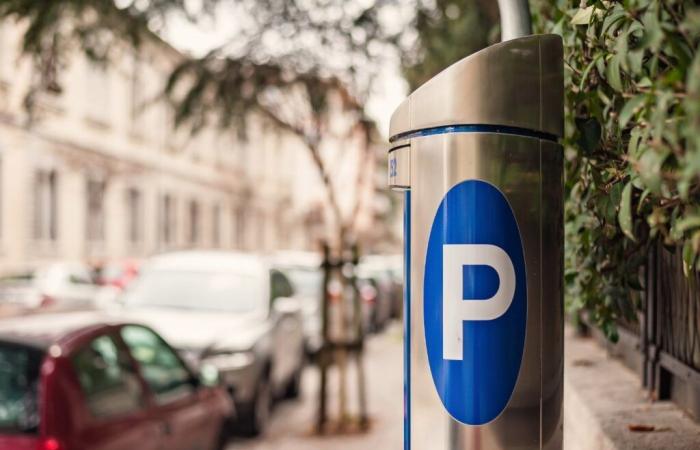
Although illegal, this practice, which is spreading rapidly in the capital, exploits the technological limits of the surveillance system.
A new and simple mechanism
The principle is disconcertingly simple: motorists use parking tickets intended for disabled people, which allow free parking for 24 hours on all the streets of Paris. This tip has become widespread since the installation of automatic control cars, nicknamed “sulphators”, which have been roaming the streets of Paris since 2018.
The problem lies in the control system itself. Vehicles equipped with the LAPI (Automated Number Plate Reading) system can scan number plates but are unable to check the presence of the Mobility Inclusion Card (CMI-S) which must normally accompany the disabled ticket. The lack of direct human control allows fraudsters to exploit this flaw with impunity.
The scale of the phenomenon worries
The figures speak for themselves. According to estimates, no less than 120,000 disabled tickets are used every week in Paris. This statistic is all the more alarming given that there are only 150,000 legitimate CMI-S card holders throughout Île-de-France. A field investigation revealed that out of a thousand vehicles checked, more than a hundred displayed a “handi rate” ticket without presenting the required mobility inclusion card.
The Parisian municipality is not inactive in the face of this phenomenon. Of the 250,000 daily checks carried out in the capital, 37,000 are carried out by human agents. The latter are particularly deployed in areas where an abnormal concentration of disabled tickets is noted.
Reduced solutions
This massive fraud has several negative repercussions. On the one hand, it deprives the city of significant revenue. On the other hand, it risks stigmatizing real holders of disabled cards. In theory, fraudulent use of a disabled ticket is punishable by a fine of 1,500 euros, but in practice, fraudsters generally only receive a simple post-parking fee if the offense is detected.
The municipality therefore finds itself facing a major challenge. Solutions considered include the development of new real-time verification technologies and increased human controls. However, these measures represent a significant cost for the city. Without an effective response, this fraud risks becoming permanently anchored in the habits of Parisian motorists, compromising the fairness of the parking system and penalizing legitimate users of spaces reserved for disabled people.
This situation highlights the limits of automating enforcement and highlights the need to balance technological innovation with human oversight to ensure a fair and efficient parking system.
???? To not miss any news on the Journal du Geek, subscribe on Google News. And if you love us, we have a newsletter every morning.





